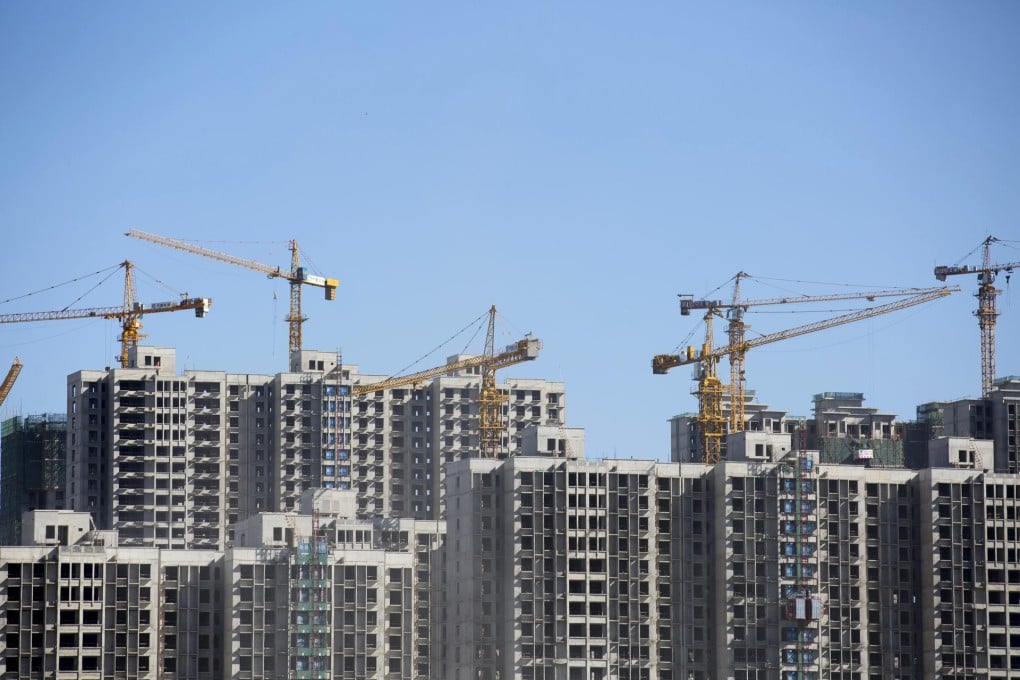Hong Kong reits looking ahead to rosier times
Market slowdown provides acquisition targets for real estate investment trusts, analysts say

Hopes are being raised over the development of the city's real estate investment trusts following the latest transactions in the sector.
Analysts expect the importance of the reits sector to grow as the slowdown of the mainland property market will create considerably more acquisition opportunities for market players.
"If companies owning mainland property assets come to Hong Kong to list, it will also enlarge the sector," said Victor Yeung, the managing partner of real estate fund management firm Admiral Investment.
Yeung's high hopes for the sector come as the Link Real Estate Investment Trust, the largest reit in Asia, announced it had signed a non-binding letter of intent in relation to the acquisition of an 80 per cent interest in Shenzhen Longgang Vanke Plaza and car parks under China Vanke, the largest mainland developer in terms of sales.
"They may not only buy one project," said Yeung. "They may acquire a number of shopping centres to enlarge economic scale."
He said the slow mainland property market also created opportunities for reits to grow.
"Landlords on the mainland are suffering from tightened credit and are more willing to offload assets," he said. "On the other hand, private equity funds and investors have become less aggressive in buying amid a slow market."